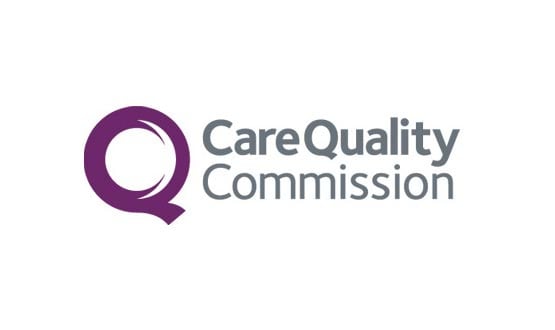The Care Quality Commission has been criticised after incorrectly placing 60 GP practices in high-risk categories due to “severely flawed” data in a monitoring tool.
The news comes less than a month after the CQC published the ratings for every GP practice in England for the first time.
The CQC said the “intelligent monitoring”, based on a range of different data sources including the Quality and Outcomes Framework and the GP Patient Survey, would help it decide how to prioritise inspections under a new regime.
The monitoring tool included 38 indicators on whether patients at the surgery could be at 'risk' or 'elevated risk' beyond what would be expected normally, with practices placed into one of six bandings depending on the level of potential concern.
Practices in the highest two risk bands would be prioritised for CQC inspections.
However, the organisation announced that it has reclassified a number of trusts after reviewing the data and making changes to indicators.
In a letter on the CQC’s website, http://www.cqc.org.uk/content/intelligent-monitoring-gp-practices-data-update senior national GP advisor Professor Nigel Sparrow said the organisation has made changes to the data and indicators after completing a “comprehensive review” which included discussions with stakeholders and NHS England.
One indicator, on whether patients were able to get an appointment with a doctor or nurse last time they tried, has been removed entirely.
Four more, for coronary heart disease incidence, chronic obstructive pulmonary disease incidence, unnecessary A&E admissions, and dementia diagnosis rates, have been adjusted following revisions to data.
Sparrow said the majority of practices have not been affected by the changes, with the CQC contacting the 60 practices who have been moved into lower-risk bandings to apologise for any concerns they may have caused.
The CQC will also contact the seven practices which have moved into a higher inspection priority band as a result of these changes, he said.
Sparrow said the intelligent monitoring will never be used in isolation to make a final judgement or produce a rating of a GP practice, and acknowledged that “we are clear that some aspects of GP practice activity do not lend themselves well to the use of metrics”.
Dr Maureen Baker, chair of the Royal College of General Practitioners, called on the CQC to scrap the bandings pending a “fundamental review” of the data and intelligence tools.
“There are many aspects of quality patient care that cannot be measured in crude terms.”
Baker said the college had previously written to the CQC with its concerns about the “severely flawed” data underpinning the rankings, as they did not take into account the particular characteristics and challenges faced by individual practices.
The publication of the bandings had unfairly “stigmatised” some GPs, she said.
“It is ironic that a system that was introduced supposedly to support patients has left them confused and let down. The damage caused by this episode will not easily be undone.”

